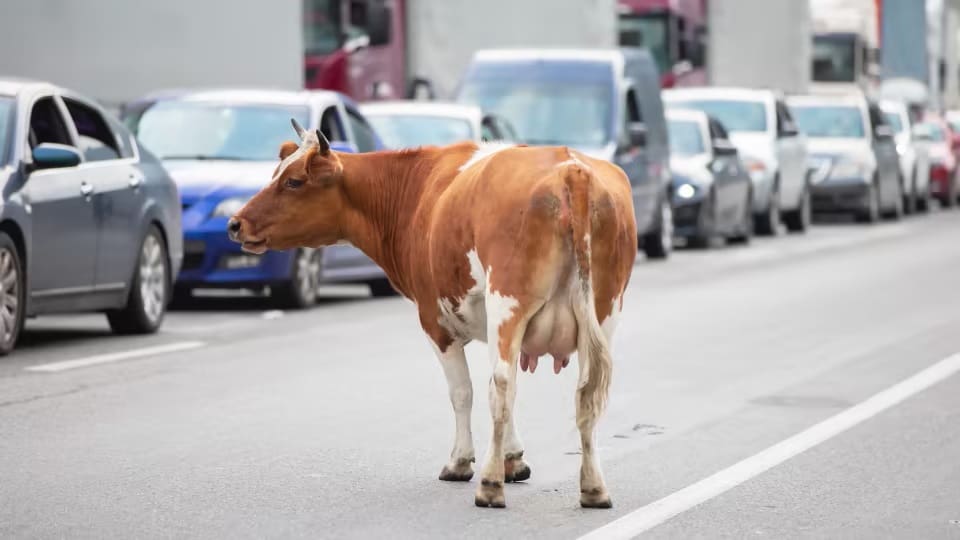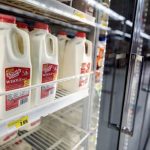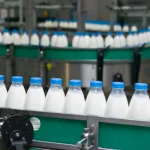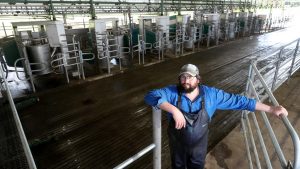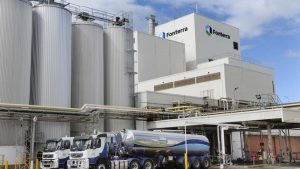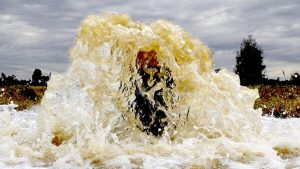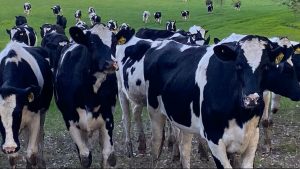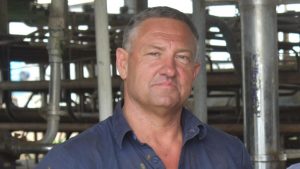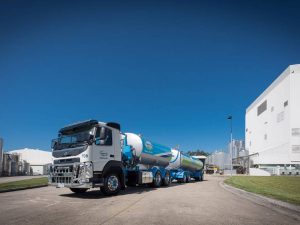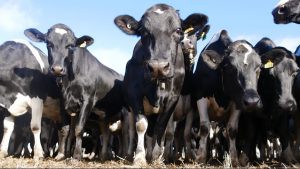
A North American dairy farmers group claims it can help offset 14,500 tonnes of carbon emissions a year by turning the leftover waste from milk production into eco-friendly biofuels.
As first reported by Automotive News, the Michigan Milk Producers Association (MMPA) has partnered with Canadian business Dairy Distillery to blend ethanol – which has been created from milk permeate, a byproduct of milk production – with petrol, resulting in lower-emissions fuel.
While the fuel itself will be similar in concept to the E10 petrol available at most Australian service stations, it is created in a unique way.
Depending on the state, Australia’s E10 fuels can be made from a mash of sugarcane and sorghum or wheat starch, which is then fermented into ethanol and blended into 91 octane unleaded.
The method proposed by the MMPA instead uses milk permeate – which is the lactose and vitamin B-rich portion of full-fat milk – and utilises a similar fermentation process to create the ethanol portion of the fuel.
According to the MMPA, the group will spend $US41 million ($AU66.8 million) to build a 790-square-metre facility in Michigan which will be capable of producing more than eight million litres of ethanol annually from 2025.
The group also claims the milk byproduct-blended petrol could offset 14,500 tonnes of carbon a year – the equivalent of almost 875 hybrid Toyota Corollas being driven for 200,000km.
The MMPA’s Ontario-based partner Dairy Distillery has been producing milk-based alcohol – and its own brand of vodka – using the production methods since 2018, later prioritising ethanol production for hand sanitiser during the COVID-19 pandemic.
